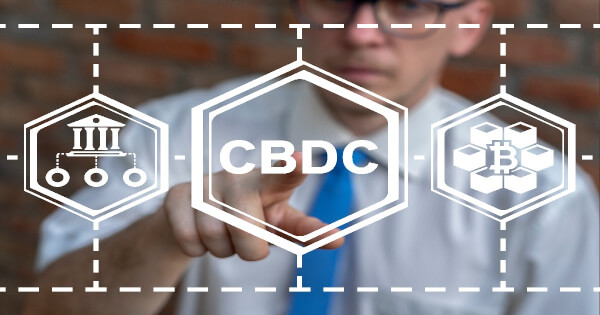On October 17, 2023, Governor Michelle W. Bowman of the Federal Reserve Board addressed a roundtable at Harvard Law School, delving into the contemporary discourse surrounding innovations in money and payments. The talk comes at a pivotal juncture as digital assets like crypto-assets, stablecoins, and Central Bank Digital Currency (CBDC) continue to pique the interest of financial institutions and regulators alike.
Governor Bowman underscored the burgeoning interest in digital assets, highlighting the ongoing developments in CBDC, stablecoins, and other digital assets, which are perceived as potential game-changers in the financial arena. She acknowledged the technological advancements embedded in programmable payment platforms and distributed ledger technology (DLT), indicating that they present an opportunity to enhance the existing payment infrastructure.
Bowman pivoted to the topic of CBDC, articulating her stance on the debate surrounding the introduction of retail CBDC in the United States. She emphasized the necessity to delineate the problems a CBDC is intended to solve and to consider any alternative solutions. Notably, Bowman contended that existing payment system improvements like the FedNow Service might offer more efficient solutions to the identified problems than a hastily introduced CBDC. She expressed concerns about potential risks and trade-offs a U.S. CBDC might entail for the financial system, especially regarding consumer privacy and the robustness of the banking system.
Delving into stablecoins, Governor Bowman pointed out their origins to support crypto-asset trading but noted their evolving use as an alternative to traditional payments. She outlined the regulatory gaps, emphasizing that stablecoins lack the stringent regulation and safeguards characteristic of traditional financial systems. This regulatory void, according to Bowman, could possibly expose consumers and the broader financial system to unforeseen risks.
Governor Bowman called for a clear and sensible regulatory framework to accommodate private sector innovations within established guardrails. She highlighted the disparity in regulatory scrutiny between stablecoin issuers and traditional banks, advocating for a level playing field to ensure consumer protection and to uphold the integrity of the financial system.
The discussion transitioned to wholesale payments, where Bowman explored potential technological advancements that could be leveraged to improve wholesale payment infrastructures. She highlighted various models, including the concept of a shared ledger to facilitate digital asset transactions and DLT as a bridge to achieve interoperability between distinct ledgers.
Bowman emphasized the importance of continuous research to understand and navigate the evolving digital landscape. She endorsed a collaborative approach with international counterparts to share insights and understand the implications of digital payments innovations on a global scale.
Governor Michelle Bowman advocated for a responsible approach towards financial innovation, emphasizing the need for a comprehensive regulatory framework to ensure the stability and efficiency of the U.S. financial system amidst the digital evolution.
Image source: Shutterstock
Credit: Source link












































